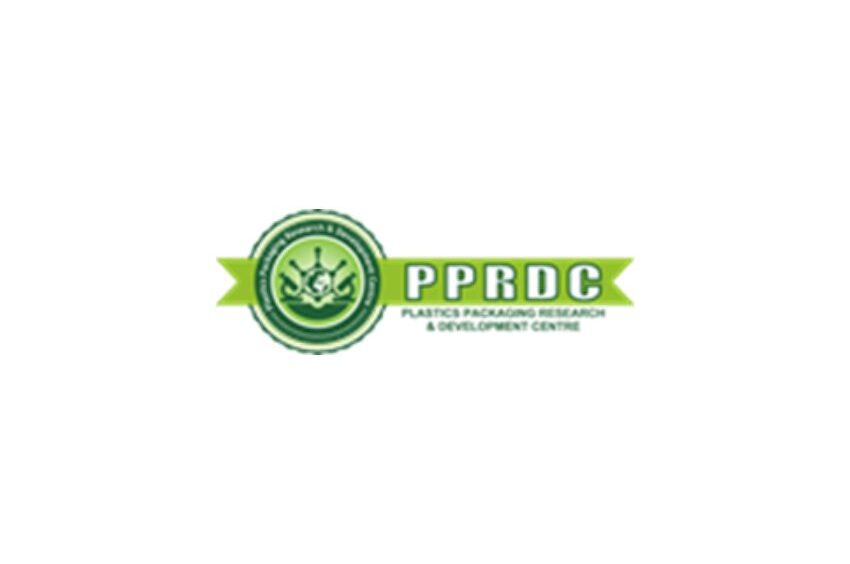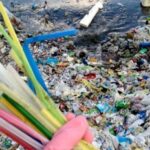India Pushes For Food-grade Recycled Plastics As PPRDC Unveils Polypropylene Study

India took a decisive step toward enabling food-grade recycled plastics, as the 6th Plastic Packaging Research and Development Centre (PPRDC) Summit convened today in the national capital. The highlight of the event was the launch of a pivotal scientific study paving the way for the safe use of recycled polypropylene (rPP) in food packaging – a move seen as vital to achieving India’s circular economy and EPR targets.
Unveiled by senior government officials and industry leaders, the report titled ‘Recycling of Post-Consumer Food-grade Polypropylene Waste’ outlines a comprehensive roadmap for valorising recycled PP using advanced decontamination and double-filtration technologies. It proposes that up to 60 per cent rPP can be safely used in the core layer of food-grade flexible packaging without compromising safety or performance.
“Polypropylene is one of the most produced plastics in the world, yet its recycling rate is shockingly low at just 3–5 per cent,” said Deepak Mishra, Joint Secretary, Department of Chemicals & Petrochemicals. “We appreciate the industry’s progress, particularly in PET recycling, but the challenge now is to scale food-grade recycling of PP and PE. The government is ready to support this journey through pragmatic policy measures.”
Industry and Government Call for Science-driven Framework
The summit brought together key stakeholders including BIS, FSSAI, Reliance Industries, Tata Consumer, Dabur, Nestlé, Coca-Cola India, PepsiCo, Jubilant FoodWorks, and UFlex Limited, among others. All parties voiced the need for a clear, science-backed regulatory framework to enable safe adoption of recycled plastics in food contact materials.
“The lack of guidelines for food-grade rPP is a policy gap we can turn into a leadership opportunity,” said Mihir Banerji, Secretary General, PPRDC. “We are working closely with policymakers to design standards that balance safety with sustainability.”
“Let’s stop waiting for regulations to push us,” urged Ashok Chaturvedi, CMD of UFlex. “This is the time for industry to show commitment and courage, and embed sustainability into business as a core value.”
The report highlights Indian innovations – such as AI-enabled sorting, multi-point decontamination, and co-extrusion techniques — that ensure recycled material is kept away from direct food contact. These solutions could help India leapfrog global recycling norms, given that many advanced economies recycle only 10–20 per cent of plastics.
“India is a frontrunner in adopting circular economy practices,” said Jacob Duer, President & CEO, Alliance to End Plastic Waste. “The ecosystem here – backed by smart policy, strong industry participation, and innovation — is well positioned to drive global change.”
Toward EPR Compliance and Circular Targets
With Extended Producer Responsibility (EPR) mandates tightening under the Plastic Waste Management Rules, the report stresses the need for up to 20 per cent recycled content in flexible packaging and 10 per cent in multilayered formats by 2027–28. Food-grade rPP, rPE, and rPET will be key to meeting those targets.
“The integration of recycled content into food packaging can’t be driven by regulation alone,” said Jeevaraj Gopal Pillai, Trustee – PPRDC and Director – Sustainability, UFlex. “It requires industry-led innovation backed by robust science.”
The summit concluded with a strong consensus on the need to mainstream food-grade recycling, with participants committing to continued collaboration between government, industry, and academia. The newly released study is expected to serve as a blueprint for enabling safe, scalable, and sustainable packaging solutions across India.






































































































































































































































































































































































































































































































































































































































































































































































































































































































































































































































































































































































































